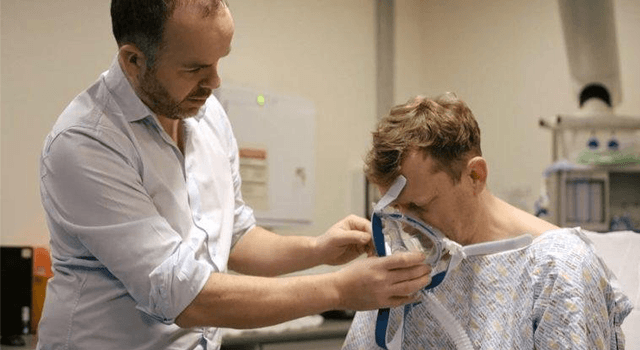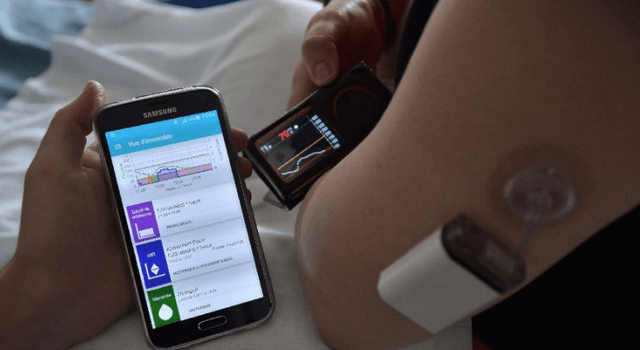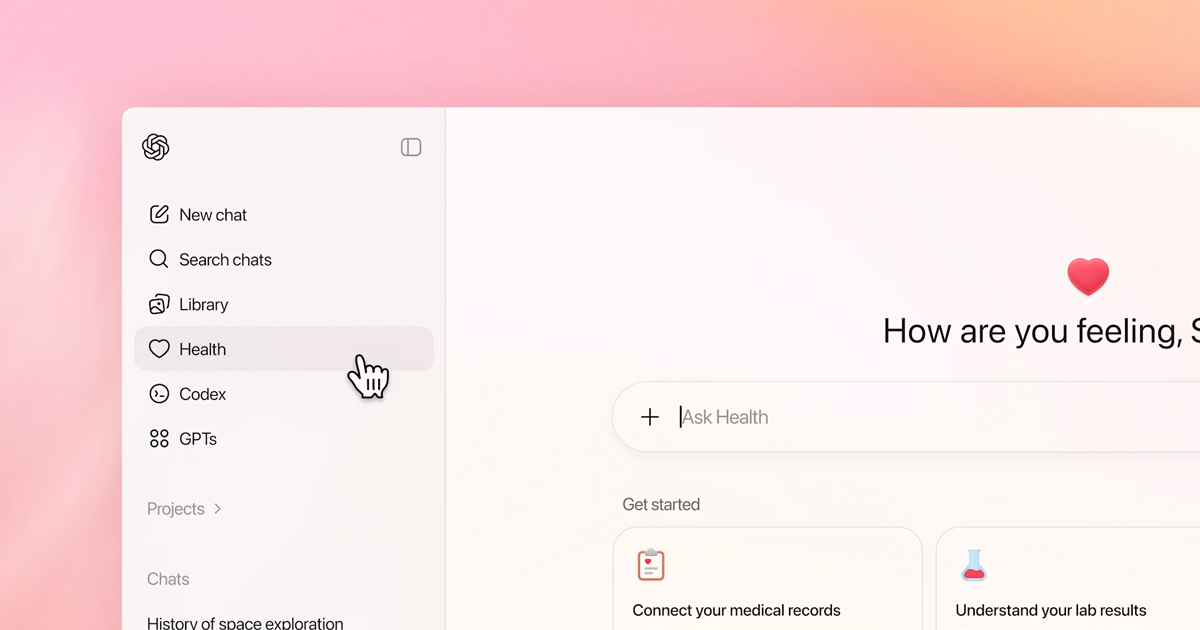Los médicos del país británico utilizan nuevas tecnologías para ayudar a los pacientes con enfermedades pulmonares graves a recibir tratamiento desde sus hogares.
Médicos expertos financiados por el gobierno de Escocia y de Reino Unido están usando tecnología de punta para monitorear remotamente a pacientes con una condición crónica y posiblemente mortal. La búsqueda de una solución para tratar la enfermedad pulmonar obstructiva crónica (EPOC) es un tema de urgencia, pues sólo en Reino Unido afecta a 1.2 millones de personas.
En 2018, la junta directiva del Sistema de Salud Público de Glasgow aprobó una estrategia digital a cinco años, que incluye tratamientos respaldados con Artificial Intelligence para tratar el EPOC. En esta primera prueba, se proporciona a los pacientes una máscara portátil que recopila datos vitales y posteriormente los envía vía remota a los médicos encargados de los casos específicos.

To achieve this and subsequent tests, the Scottish Health Service has been based on Azure cloud technology, developed by Microsoft. In addition, the KenSci machine learning software will be used to collect and interpret medical information.
Una vez que el piloto esté en funcionamiento, el personal médico podrá ver la información reportada por el paciente, así como los datos fisiológicos obtenidos de los dispositivos portátiles y las máquinas de respiración.
Los pacientes y los médicos pueden comunicarse a través de la plataforma en la nube, y los consultores pueden cambiar la ventilación de forma remota a través de un portal en línea. Los algoritmos son capaces de rastrear y anticipar cuándo es probable que se produzca un brote y alertar a los médicos, para que puedan tomar medidas y reducir la necesidad de hospitalizaciones de emergencia.

“Evitar el ingreso hospitalario es una prioridad para los pacientes con EPOC y tiene un impacto significativo en el servicio de salud, que está luchando para hacer frente a una mayor demanda”. Declara David Lowe, consultor de emergencias para el Servicio Nacional de Salud británico, y continúa: “tiene un impacto en el bienestar del paciente y cuesta un promedio de 6,000 libras por admisión. Podríamos haber entregado las mismas intervenciones clave con antibióticos y esteroides al paciente en su casa días antes si hubiéramos visto su mala condición”.
La capacidad de recopilar datos en el hogar, en lugar de tener que asistir a las citas en el hospital, significa menos viajes para el paciente, y también un menor riesgo de empeoramiento o contagios. Al mismo tiempo, reduce el número de citas canceladas en el hospital y libera el tiempo del médico.
La apuesta por la Digital Health por parte del gobierno británico está ayudando a agilizar procesos hospitalarios, pero también a mejorar la salud de los pacientes. El uso de dispositivos móviles que monitoreen el estado de salud en el hogar promete una vía de atención médica que se base mucho más en la prevención que en la atención de complicaciones o eventos agudos.
En cuanto la tecnología esté probada, será muy sencillo poder comenzar a implementarla en otras partes del mundo con los conocimientos y aprendizajes adquiridos en esta primera etapa, otro de los grandes beneficios que provee la Digital Health.
La EPOC es una realidad prevalente y se estima que 64 millones de personas sufren de esta condición en el mundo y para el 2030 será la cuarta causa de muerte; en América Latina, según el estudio PLATINO (Proyecto Latinoamericano de Investigación en Obstrucción Pulmonar) se evaluó la prevalencia de EPOC en diversas ciudades de la región, encontrando una tasa de 19.7% para Montevideo, Uruguay, 16.9% para Santiago, Chile, 15.8% para San Pablo, Brasil, 12.1% para Caracas, Venezuela y 7.8% para Ciudad de México.







